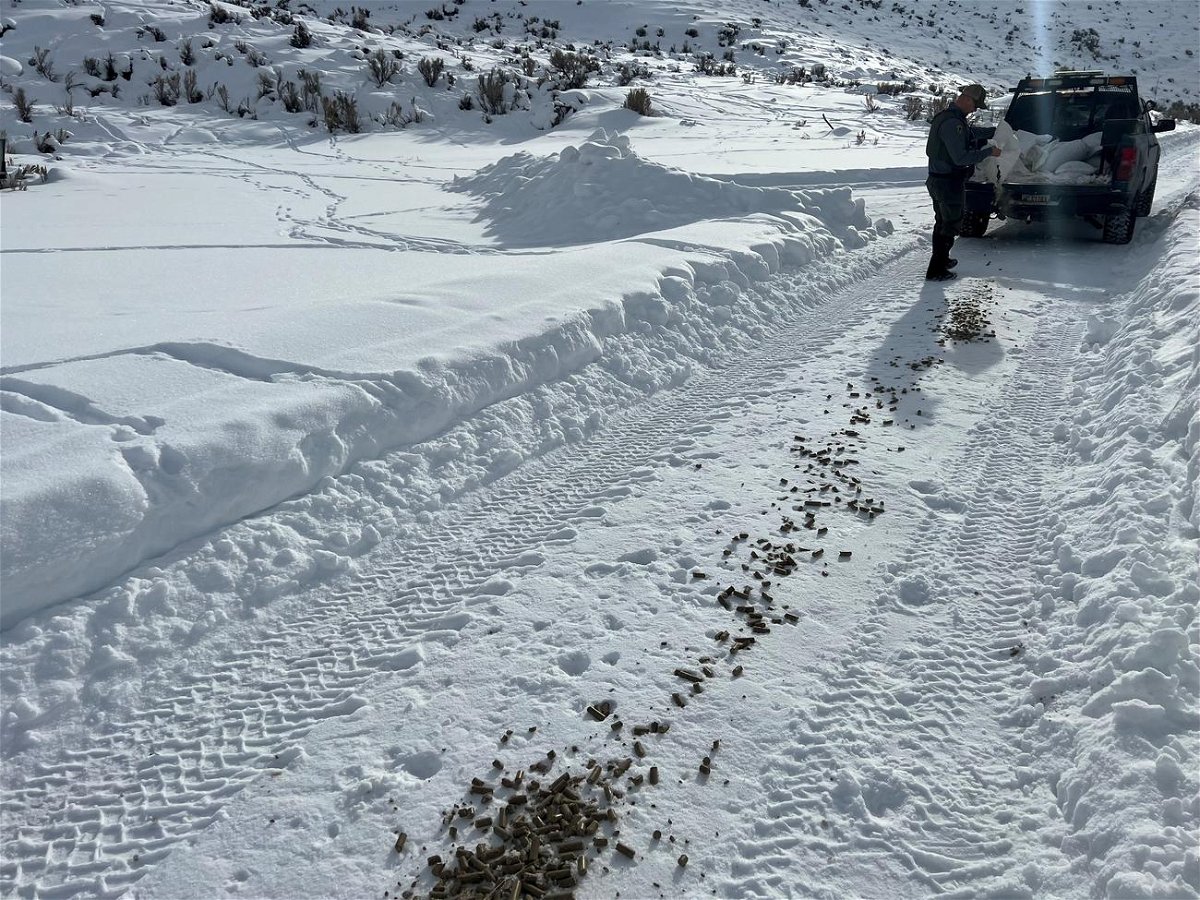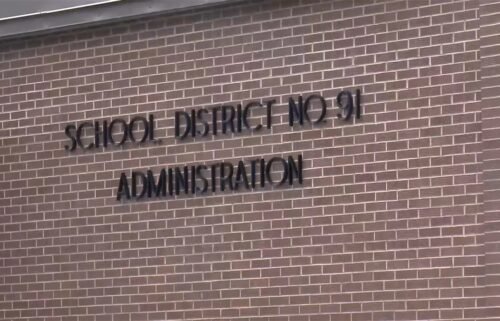Idaho Fish and Game initiates winterfeeding action in Bear Lake County
BEAR LAKE COUNTY, Idaho (KIFI) - The Idaho Department of Fish and Game with input from the Southeast Idaho Winter Feeding Advisory Committee (WFAC) has initiated a winter-feeding action on the west and east sides of Bear Lake in Bear Lake County, with additional actions to be rolled out in the near future in priority areas.

Winter conditions in the southeast corner of the region, specifically areas of Bear Lake, Caribou and Franklin Counties, have been particularly severe in recent weeks. With the most recent storm and significant drop in temperatures, the criteria Idaho Fish and Game uses to make decisions on winter feeding of big game has been met or exceeded in certain areas in those counties.
Idaho Fish and Game will not be feeding every deer and every elk in every canyon. Efforts will be focused on locations where feeding will address concerns with struggling animals, conflicts with animals in haystacks and feedlines, and public safety concerns with animals on highways and roads. Other factors considered when selecting feeding sites include number of animals reached, accessibility, sufficient distance from roads and highways, and seclusion from public disturbance.
It’s important for the public to remember big game animals die every winter, especially in severe winters. This is a natural event that no one—not biologists, sportsmen, wildlife watchers-- like to see. And in spite of feeding, we are still going to lose animals to starvation in those hardest hit areas of southeast Idaho.
“Supplemental feeding is only capable of reaching a small proportion of the larger big game populations,” Regional Fish and Game Supervisor Dan Garren said. “But, we’re hopeful that our response will help some animals, will alleviate some conflict with agricultural producers, and will result in reducing safety concerns with motorists in our hardest hit areas.”
Idaho Fish and Game will be meeting weekly with the WFAC members and as a staff to continue monitoring winter conditions, current winter-feeding actions, and assessing other locations throughout the region that may be candidates for feeding sites if necessary.






